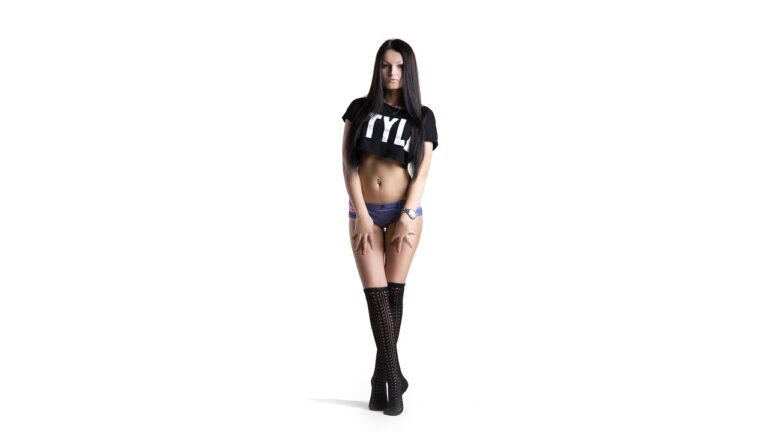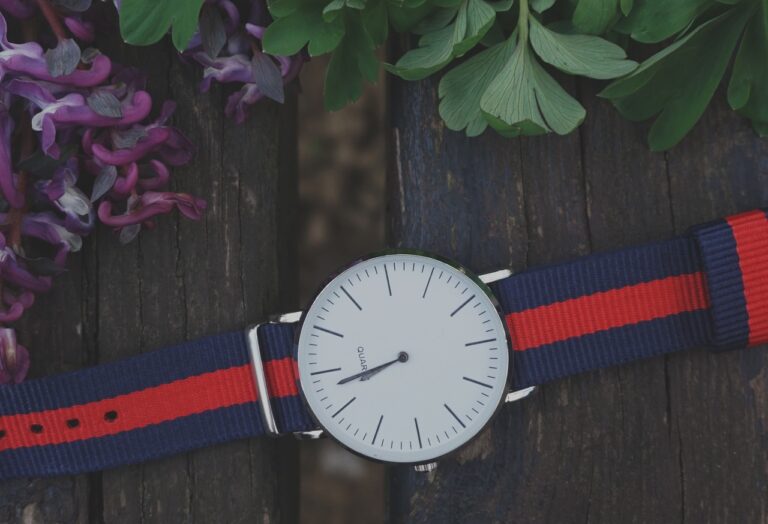Sustainable Fashion in the Luxury Market: Balancing Exclusivity with Ethics
Consumers are increasingly seeking out luxury brands that prioritize sustainability in their products and practices. This shift in consumer preferences has led many luxury brands to re-evaluate their business strategies and incorporate sustainable initiatives into their operations. From using eco-friendly materials to implementing ethical manufacturing processes, luxury fashion houses are adapting to meet the growing demand for more environmentally conscious products.
The push for sustainable fashion in luxury brands is not only driven by consumer demand but also by a growing awareness of the environmental impact of the fashion industry. As the negative effects of fast fashion become more apparent, consumers are becoming more mindful of the social and environmental consequences of their purchasing decisions. This has created a new set of expectations for luxury brands to be transparent about their sourcing and production methods, driving a shift towards sustainability in the industry.
Challenges Faced by Luxury Brands in Implementing Sustainable Practices
Luxury brands are encountering a myriad of challenges when it comes to incorporating sustainable practices into their production processes. One major obstacle is the complexity of their global supply chains, which often involve numerous suppliers located in different parts of the world. Ensuring that each supplier adheres to strict sustainability standards can be a logistical nightmare, requiring extensive monitoring and coordination.
Moreover, the high cost of sustainable materials and technologies presents a significant barrier for luxury brands looking to make the switch to more eco-friendly practices. While consumers are increasingly placing importance on sustainability and ethical production, luxury brands must navigate the delicate balance between meeting demand for their products and investing in sustainable alternatives that may drive up production costs. This financial consideration further complicates the already challenging task of implementing sustainable practices across all aspects of their operations.
Innovative Materials and Technologies Used in Sustainable Luxury Fashion
Luxury fashion brands are increasingly turning towards innovative materials and technologies to meet the growing demand for sustainable products. From plant-based alternatives to traditional textiles to advanced recycling techniques, designers are exploring a wide range of options to reduce their environmental footprint.
One notable development in sustainable luxury fashion is the use of recycled materials such as ocean plastic and upcycled fabrics. By repurposing waste materials into high-quality garments, brands are not only reducing the amount of waste in landfills but also creating unique, environmentally-friendly pieces that appeal to conscious consumers.
• Recycled materials like ocean plastic and upcycled fabrics are being used in sustainable luxury fashion
• Repurposing waste materials into high-quality garments reduces waste in landfills
• Unique, environmentally-friendly pieces appeal to conscious consumers
Why is there a growing demand for sustainable fashion in luxury brands?
The growing awareness about environmental and social issues has led consumers to prioritize sustainability in their purchasing decisions, including when it comes to luxury fashion brands.
What challenges do luxury brands face in implementing sustainable practices?
Luxury brands often face challenges such as sourcing sustainable materials, maintaining their brand image while going sustainable, and the cost implications of implementing sustainable practices.
What are some innovative materials used in sustainable luxury fashion?
Some innovative materials used in sustainable luxury fashion include organic cotton, recycled polyester, Tencel (made from wood pulp), and Piñatex (made from pineapple leaf fibers).
How do technologies play a role in sustainable luxury fashion?
Technologies such as 3D printing, waterless dyeing techniques, and blockchain for supply chain transparency are being used in sustainable luxury fashion to reduce waste, energy consumption, and improve traceability.
How can consumers support sustainable luxury fashion brands?
Consumers can support sustainable luxury fashion brands by choosing to buy from brands that prioritize sustainability, educating themselves on sustainable practices, and advocating for more transparency in the fashion industry.







